Testimony of a Ukrainian
Yevgeniy Solovyov
TBS 2008
Market activity analyst, SOCIÉTÉ GÉNÉRALE CIB
| In Odessa, we were far away from this latent conflict that had started in 2014. I didn't believe in the war then. |
|
What is your background? What is your link with the School? I am Ukrainian, I am 44 years old. I spent 22 years in Ukraine, then 22 years in France. I have a rather atypical background. I did my higher education in Odessa, Ukraine, in criminal sciences and then I benefited from a university exchange programme by joining the law faculty in Toulouse (Toulouse 1 Sciences sociales). This allowed me to learn French. I continued with a DEA in criminal sciences and a thesis in criminology on companies that are victims of crime. My professional objective at the time was to move into corporate risk management. Business school was a way to achieve this. I met a charismatic professor (Nicolas Nalpas, finance) whom I knew before I entered TBS from 2006 to 2008, via the concours passerelle (2 years of school in PGE). My interest quickly turned to finance. This professor gave me the desire to work in this sector. And I would like to pay tribute to him and his memory with this interview. |
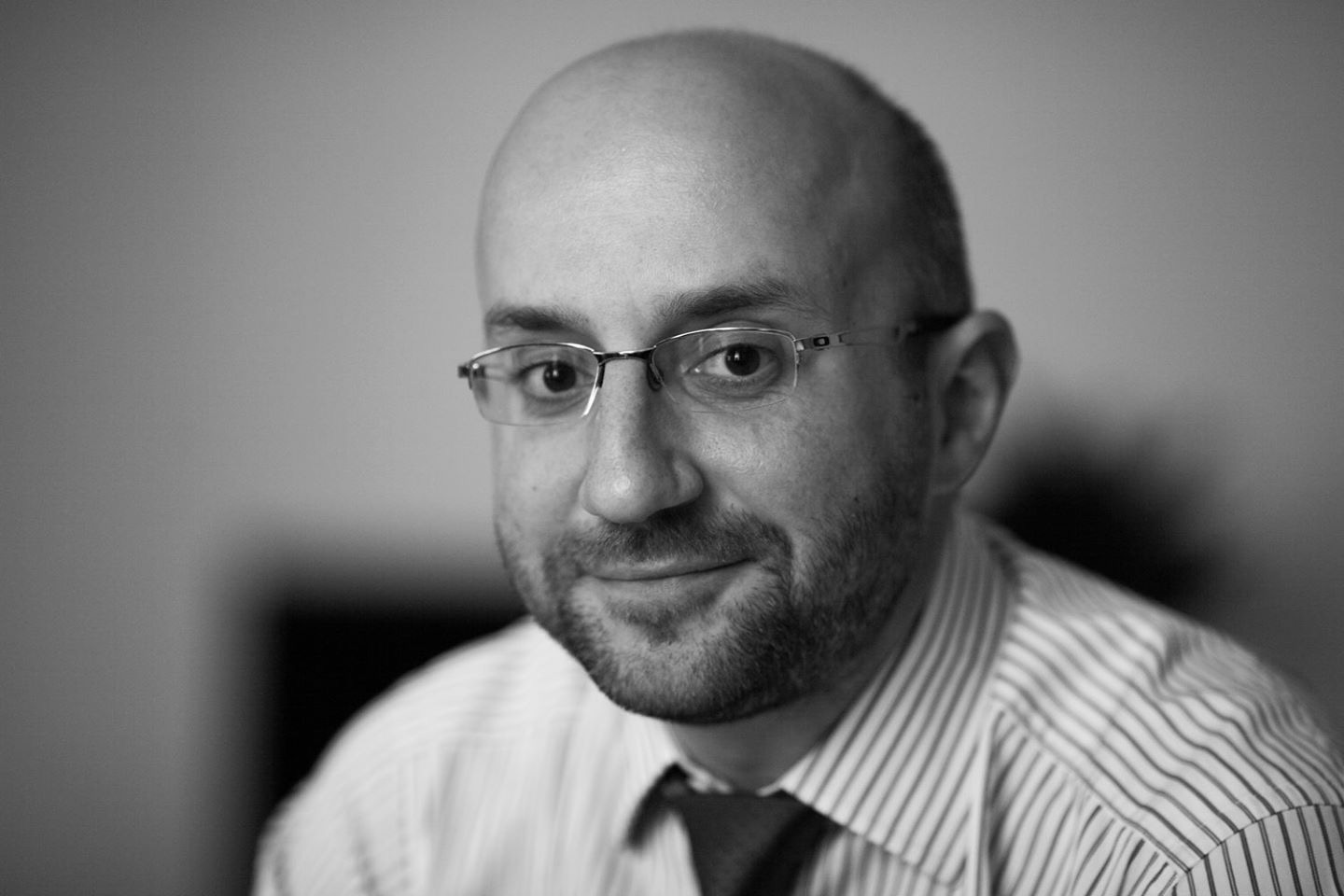 |
My first experiences in France and Great Britain
I started with an internship as an equity trading assistant at HSBC. Following the Lehman Brothers crisis of 2008-2009, I was forced to continue my internship in the back office at Société Générale. In 2010, I joined CACIB (Crédit Agricole) on the legal side of market finance products. This position allowed me to obtain a French nationality.
In parallel, in 2011, I started my own business selling cameras online, which was much more lucrative than my job in a bank. I then joined Lyxor (Société Générale) in London. At the same time, I decided to set up a business in real estate, acting as a business agent for Russian-speaking clients.
Following the invasion of Crimea in 2014, my business stopped due to the ban on Russian capital leaving Russia (a response to Western sanctions to prevent Russian capital flight). In 2015, I returned to Paris, at Lyxor, in market risk. And for a few months now, I have been managing this team.
How do you analyze the current conflict today?
For me, the genesis of the conflict dates from 2014, it’s the starting point. Ukraine is a special country with relatively few independence periods in its history. The mentality of Cossack nomads is rooted in the collective memory. We have kept the spirit of freedom from these nomads. Freedom of opinion is essential for us. For example, we chose a president who was initially a comedian, but that is our choice, that is freedom, we assume it and we are proud of it.
Concerning the separatist regions of Donetsk and Lugansk, we call them “Ugandon" in Russian, which translates as "hood/rotten pot". We have no affinity with them. Personally, in recent years, I would have been rather centrist (not activist, not militant) in relation to the separatism of these regions. Concerning the Azov battalion - I have a distant cousin who is part of it - they are nationalists but they want to defend the country. They are on the front line and I am grateful to them despite their nationalism. You could compare them to a soldier working for the army in France. They are necessary people. I used to go to Ukraine a lot in the last years (I was married to a Ukrainian woman). In Odessa, we were far away from this latent conflict that had started in 2014. I didn't believe in the war then.
I am very skeptical about Putin's strategy: He is invading Ukraine but he has no long-term vision. He is out of touch with the reality on the ground. For example, he thought that an attack in 3 days would be enough, and he is badly advised. Russian media propaganda is growing with Putin's ideas. For the future, I am optimistic, it is my nature. I was a victim of a form of apathy at the beginning of the conflict because I was surprised, so I was frozen in silence and anguish. Today I have taken a step back and I talk about it more easily.
How did you personally experience those first weeks of war?
Five of my relatives were living in Ukraine at that time, in Odessa, a city on the Black Sea 100 km from Mykolayiv, the front line in March.
| The war has brought at least the unity of the country, something that did not exist before, with strong divisions between pro and anti Russians. |
My sister left on the first day by car to the West, to the Hungarian border. She passed through Budapest and is now living in London with my mother who lives there and came to get her. Her husband stayed to fight. There are many volunteers at the borders, especially foreigners. My father is in Paris. He came on foot, through Moldova. He spent a week in the Red Cross refugee camps in Romania.
I still have many friends there, but they are more in Odessa (1 million inhabitants), a city spared from the conflict for the moment. (article written on 1 April 2022) I am touched by the generosity of the French people, by their individual and speedy actions.
| Why invade a brother country? |
How do you see the conflict developing?
For the future, Ukraine will be rebuilt and I am positive because the war has brought at least the unity of the country, something that did not exist before, with strong divisions between pro and anti Russians. Zelensky is adulated and will be re-elected. He is the De Gaulle of modern Ukrainian times! He has shown courage by staying in Ukraine. The people are united, they will rebuild everything. The money to rebuild will come from the Westerners who are partly responsible for letting Putin prosper. There is a strong motivation of the people, many want to fight.
Contrary to expectations, the Russian army is in trouble, there is a lot of corruption, logistics are lacking and the motivation is not there: why invade a brother country? The Ukrainian army has been trained since 2014 and receives foreign military aid. It is interesting to note that even the initially pro-Russian cities, Kharkiv for example, following the Russian attack, are becoming anti-Russian, which will contribute to the unity of the country.
As for the pro-Russian separatist regions of Dombass, I would have liked them to remain Ukrainian, but pragmatically, we might as well separate from them because the inhabitants want to remain Russian and this will generate division in the end.



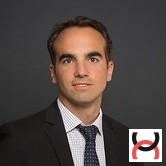
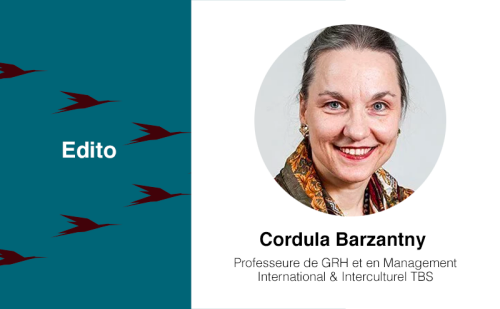
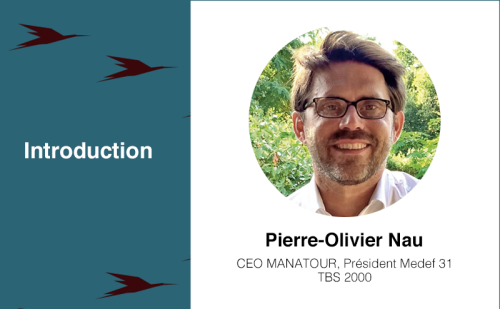
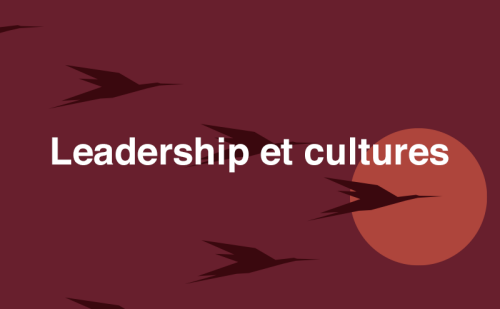
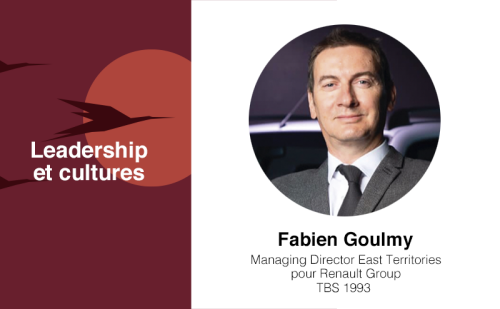
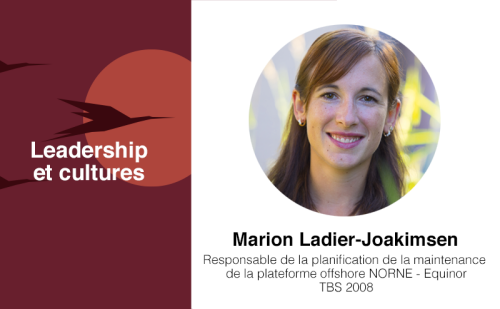
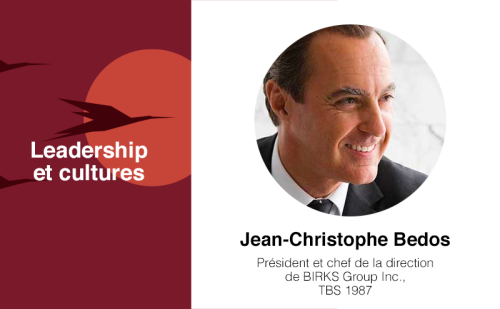
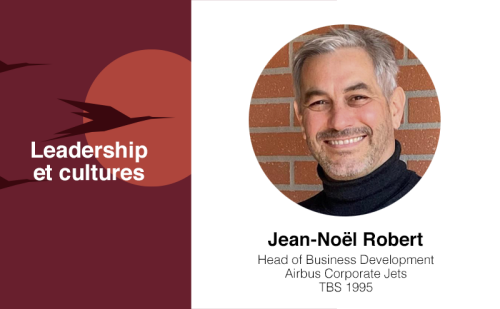
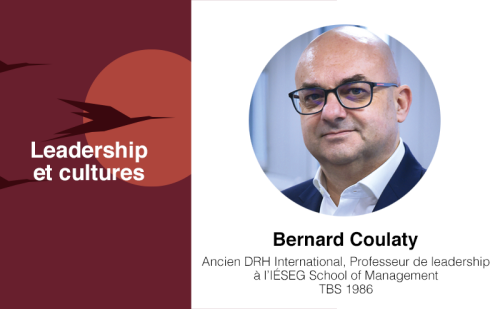
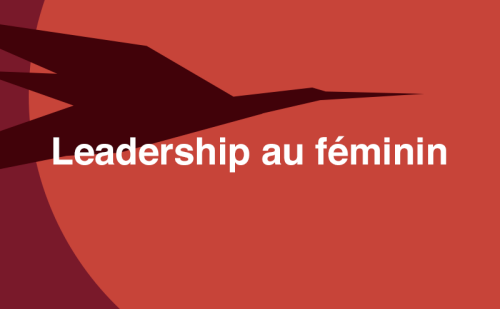
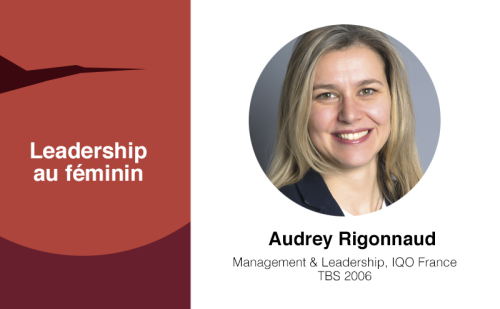
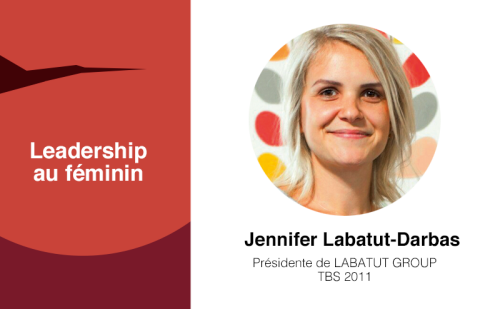
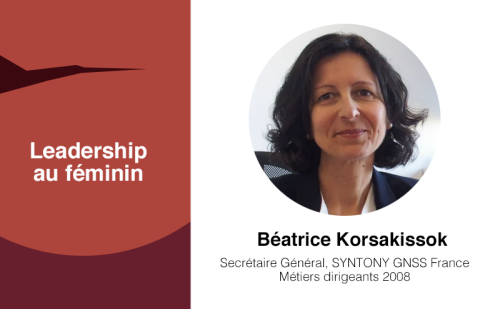
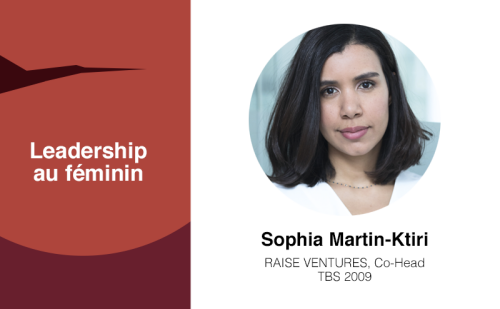
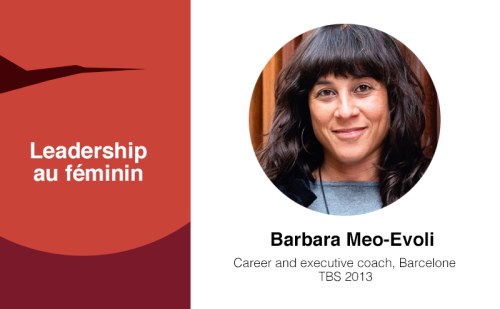
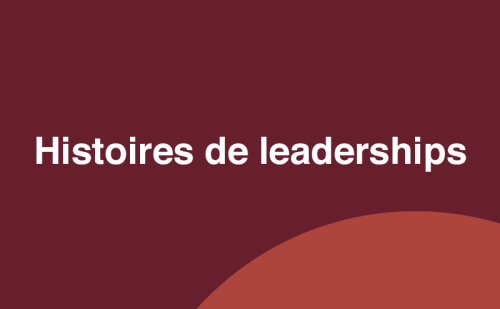
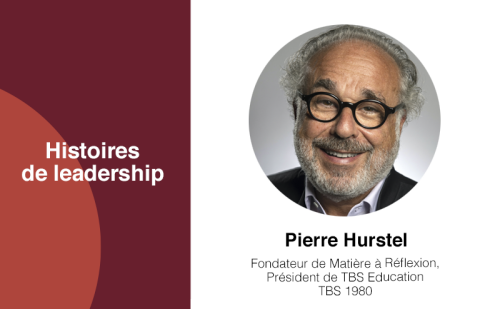
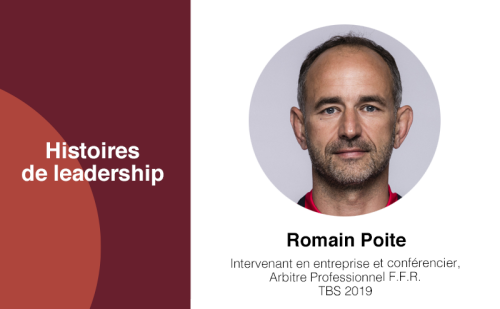
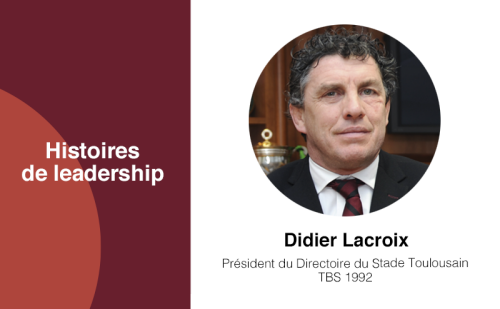
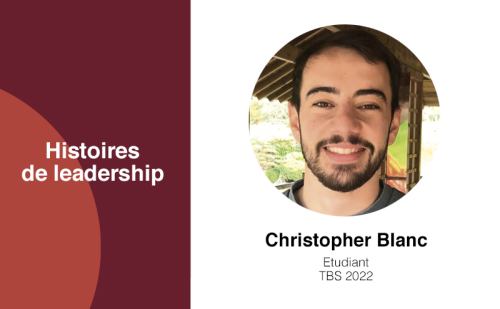
No comment
Log in to post comment. Log in.